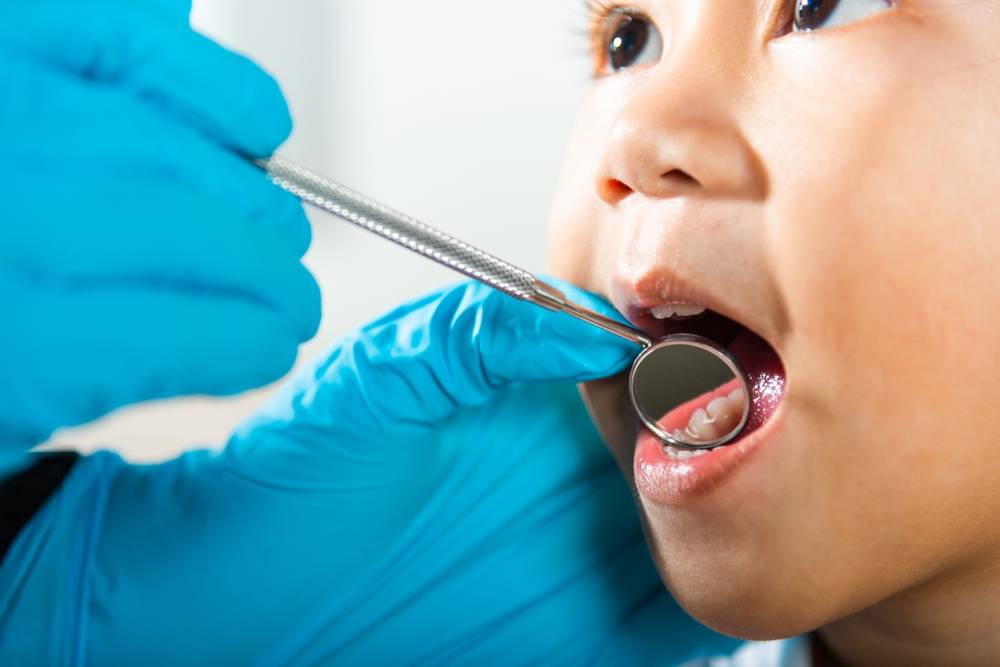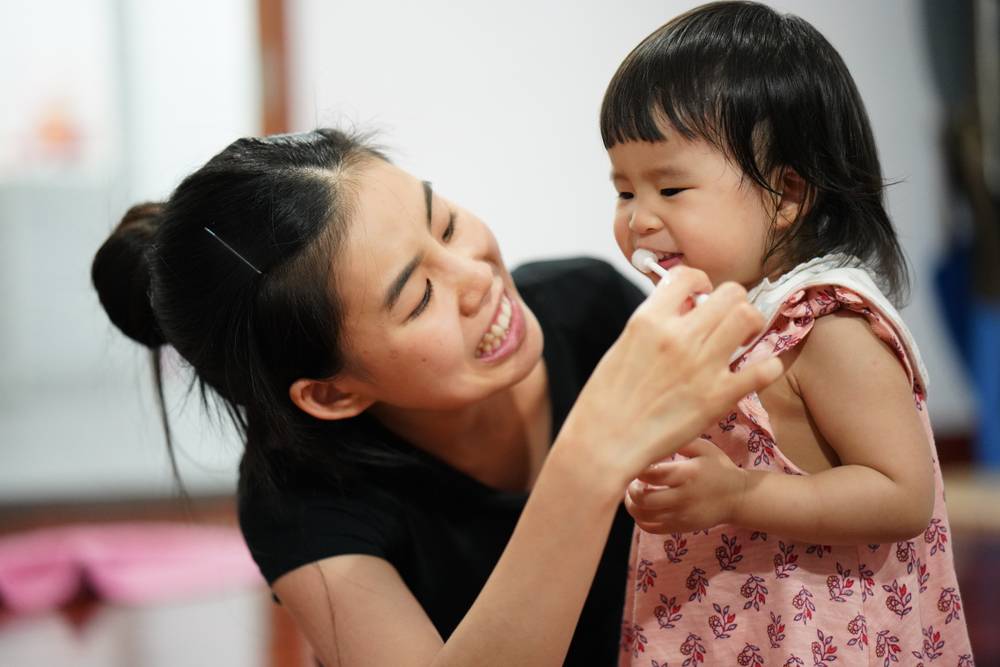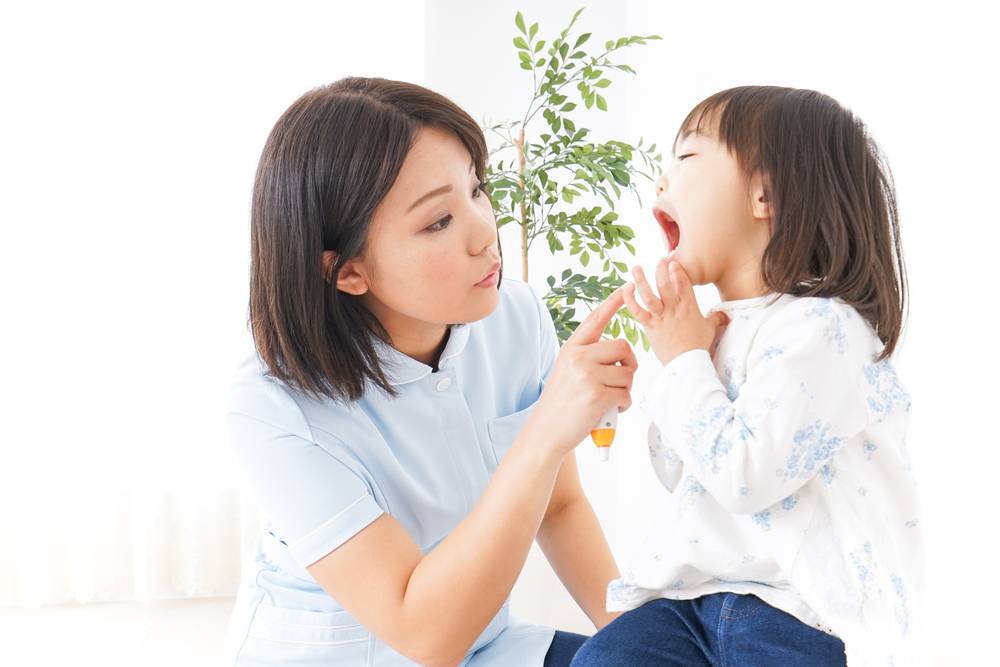The Importance of Early Oral Health for Children
For parents, ensuring the well-being of their children is a top priority, and while they often focus on their physical, emotional, and developmental needs, one crucial aspect of health that is frequently overlooked is oral health.
From the earliest stages of life, oral hygiene plays a pivotal role in a child’s overall growth and development. Establishing good oral health habits early not only fosters a healthy smile but also prevents the onset of chronic dental conditions, such as tooth decay and gum disease, which can impede nutrition and development.
Early Oral Care for Children

It may come as a surprise to some parents that oral health care should start before the first tooth emerges. However, early care—like gently cleaning an infant’s gums and tongue—lays the foundation for optimal oral health and emphasises the importance of nurturing these habits from young.
The American Academy of Pediatric Dentistry (AAPD) and the American Academy of Pediatrics (AAP) recommend that a child’s first dental visit should take place by their first birthday. This early introduction to oral health care not only helps parents understand how to care for their child’s teeth, but it also reduces the likelihood of invasive treatments in the future.
With this awareness of the importance of early dental checkups, parents should seek dental visits for their children as early as one year old. However, access to these services can sometimes be a challenge, particularly if specialised paediatric dental care is limited.
Bringing Early Dental Care into General Practice
To address this, there is an opportunity to shift the landscape of dental care and bring early dental visits into more accessible settings—such as general dental practices.
The integration of dental services into general dental practice settings requires a paradigm shift, particularly in training and infrastructure. Currently, most dental schools do not equip their graduates with the skills to examine infants and babies.
Enhancing undergraduate dental education, or upskilling general dentists through short courses would empower more general dental practitioners to confidently care for this younger demographic. This expansion of expertise is crucial for increasing access to early dental care across Singapore.
Empowering Non-Healthcare Professionals to Promote Oral Health
Oral health education goes beyond the confines of dental practices. For instance, community partnerships with early childhood educators at preschools, polyclinics, maternal and child hubs, and family medicine practices, or other non-healthcare professionals who regularly interact with young children play a vital role in promoting early oral health habits.
By empowering them with knowledge and skills for simple caries screening, we create a network of advocates who can help identify potential dental issues and guide families to seek early care.
We cannot overlook the role that socioeconomic factors play in early childhood caries (ECC)—tooth decay in children younger than 6 years old. Nearly one in two preschool children suffers from ECC[1,2] and this is more prevalent in lower-income families.
Often, these families do not seek dental care unless a problem has escalated to the point of causing pain or infection. Health visitors, social workers, community volunteers, or staff at Family Service Centres can be trained to give simple oral health education messages to these families, ensuring that these children receive the care they need before invasive treatment is required.
This multi-pronged approach aims to engage and empower parents to take charge of their child’s oral health. By increasing awareness and emphasising prevention, we can help parents recognise the importance of seeking early care before problems become severe.
Over time, this shift from a curative to a preventive mindset has the potential to reduce treatment needs and healthcare costs, while also fostering a healthier future for children.
Why Baby Teeth Matter
Dental caries, particularly in young children, is often dismissed as a temporary issue—after all, baby teeth fall out, right? However, the consequences of ECC go far beyond cavities. Baby teeth are essential for proper nutrition, speech development, and guiding the growth of permanent teeth.
Without proper care, tooth decay in baby teeth can lead to complications that may be more difficult to manage. Given that ECC is largely preventable, these risks are unnecessary.

Early dental visits have been shown to reduce future dental restorative visits and decrease healthcare costs[3]. By building rapport and trust with a primary care dentist from an early age, parents are more likely to stay informed about preventive measures such as fluoride use, proper oral hygiene, and diet.
A local study showed that children who had their first dental visit before 18 months were three times less likely to suffer from tooth decay than those who did not visit the dentist early[4].
The NDCS Infant Oral Health Programme
At National Dental Centre Singapore (NDCS), the Infant Oral Health Programme (IOHP) aims to support parents in developing good oral health behaviours in their children. Through personalised preventive plans, paediatric dentists work closely with parents to reduce the risk of tooth decay while monitoring oral development. Since the programme’s inception, over 300 children have benefitted from this early intervention.
We have the power to change the trajectory of our children’s dental health. By prioritising early dental care and embracing a preventive mindset, we can give our children the best possible start—a future free from unnecessary pain and complications, and a healthy smile that lasts a lifetime.
(Edited by: Medical Channel Asia team)
References
- Gao et al. Dental caries prevalence, and distribution among pre-schoolers in Singapore. Community Dent Health. 2009 Mar;26(1):12-7
- Hong et al. High caries prevalence and risk factors among young pre-school children in an urban community with water fluoridation. Int J Paediatr Dent. 2014 Jan;24(1):32-42.
- Savage et al. Early preventive dental visits: effects on subsequent utilization and costs. Pediatrics. 2004;114:e418-23.
- Lai et al. Clinical efficacy of a two-year oral health programme for infants and toddlers in Singapore. Singapore Med J 2018;59(s):87-93.
Read also
Have a pressing question for a doctor? Medical Channel Asia has launched a community forum page where you can get questions answered by a medical specialist. Visit the community forum here.

